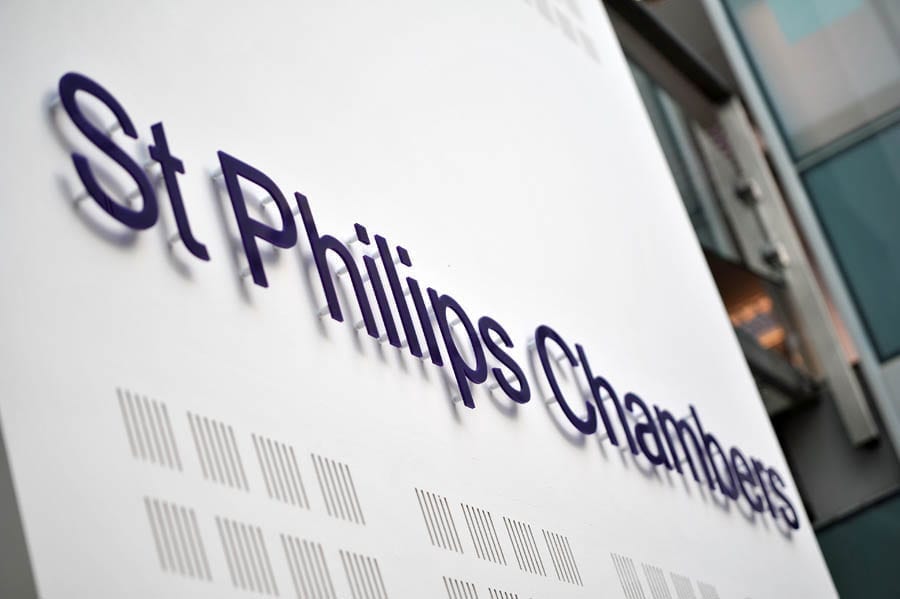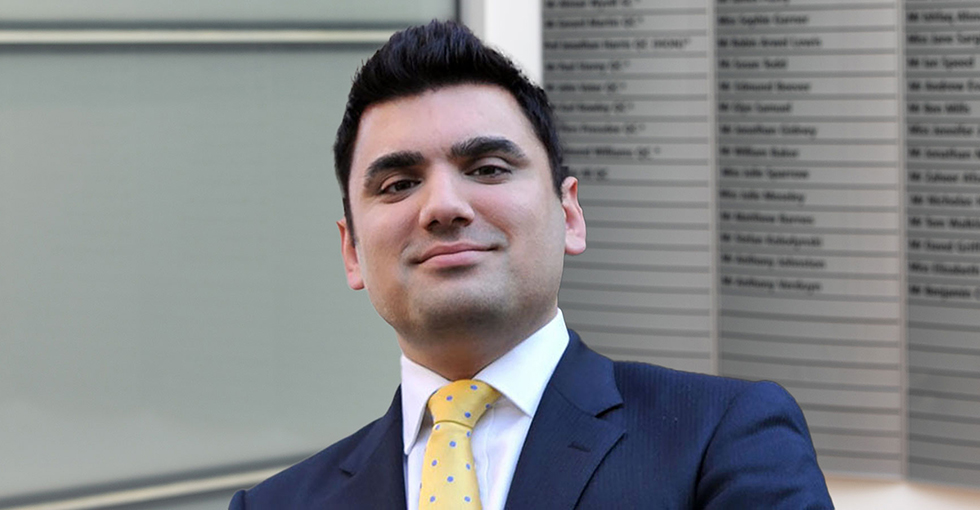On Monday 15th June 2020, the Birmingham Business & Property Court held its latest online Court Users Meeting and welcomed The Chancellor of the High Court, Lord Justice Vos along with Mr Justice Marcus Smith. Below is a summary of the key points discussed at the meeting, kindly noted by Raghav Trivedi.
- The COVID-19 pandemic (and subsequent lockdown) has left many jobs and professions in a state of uncertainty and flux, none more so than the legal profession. Barristers, Solicitors, Judges and other legal professionals across the country have had to learn to adapt to a new mode of working, utilising technology to the best of their ability as a means to prepare and conduct their applications, trials and conferences.
- However, with the recent ease of lockdown, the talk of entering back into the ‘real world’ and other changes on the horizon, it would be understandable for the lawyer to feel (once again) a sense of unease and uncertainty. Will I be returning to the office? Will I have to attend in-person Court hearings and if so, what about social distancing? Do I still have to apply the new methods I have learnt to produce PDF files or do I go back to the ‘old’ ways?
- Whilst answers to these questions are contemplated in the face of the approaching ‘new normal,’ a crucial Skpe meeting took place on the afternoon of 15th June 2020 which went some way towards answering some of these questions for users of the Business and Property Courts in Birmingham.
- Chaired by His Honour Judge Cooke and attended by Lord Justice Vos, Chancellor of the High Court, here are some of the key points from the Birmingham Business and Property Court User Meeting:-
Technology – the Way Forwards
a) The Chancellor was clear that we should all learn from the events of the last four months, and capitalise from those learnings when it came to the use of technology (considering ways to improve the technology available to us). The aim, as always, is to provide access to justice for as many people as possible utilising technology.
b) It was made clear that more remote hearings would probably be conducted on the platforms available in the future. This was seen as an exciting and revolutionary way forwards and a means to resolve disputes more effectively, efficiently and at proportionate cost.
c) The Chancellor also noted the benefits of video hearings for more substantial matters whilst telephone hearings are more appropriate for shorter hearings dealing with procedural matters.
Preferences in Technology
d) HHJ Cooke made clear there was no mandatory requirement on the platform to use for remote hearings, this being a judicial decision on each case. The Court would be open to suggestions made by the parties, although the two current systems in place for Judges at Birmingham are BT Meet Me and Skype for Business. Most Judges do have access to Microsoft Teams although this is not supported by HMCTS.
e) The parties can propose alternative systems but consideration needs to be given of the real advantage in doing so. It must be borne in mind that Judges may not have the technical assistance at hand to install or adapt to other platforms.
f) We also heard from HHJ Watson and HHJ Worster, both of whom are happy to use Skype for Business or BT Meet Me, or whatever the parties prefer. Again, emphasis was placed on the fact that these platforms are not mandatory to use, and the Court was open to suggestions by the parties for suitable technology for their particular case.
In-Person Hearings at Business and Property Courts in Birmingham
g) The Chancellor acknowledged that remote hearings may not be ideal for certain types of hearing.
h) However, given the two metre social distancing rule, it was noted that it was impossible to open all Courts safely, and the safety of Court users was considered a priority. In the Birmingham Civil Justice Centre, a maximum of 14 Court rooms are now available for hearing (compared to a theoretical 54 maximum number of rooms in the building), although there is a greater demand for these Court rooms.
i) Risk assessments are being undertaken at the Civil Justice Centre. HHJ Cooke stressed the importance of maintaining social distancing when attending the Court, with staggered start times for various jurisdictions.
j) At the moment, only one person can use the lift at the Civil Justice Centre at a time, and so the use of the stairs was stressed so that the lifts could be used efficiently.
k) Alongside this, one way traffic signage has been placed with sitting areas segregated and with reduced seating. There is also a limit on conference rooms available and it is not possible to have pre-hearing consultations in rooms at the Civil Justice Centre. It is advised that these consultations are conducted away from Court and that parties arrive ready to start the hearing.
l) The Judge can set directions in relation to the number of people that can attend in respect of the in-person hearing in question. Therefore HHJ Cooke stressed the importance of considering who absolutely needs to attend the Court and why.
m) However, a warning was given – it may take some time to obtain a listing date if an in-person hearing is required and it may be that once the hearing date does come around, a room may not be available so the hearing may be stood out in that instance. It is therefore in Court users’ interests to co-operate and assist in helping to avoid in-person hearings where possible.
n) Further to that, the standard form of directions are in the process of being amended with the question of how a trial will be conducted to be considered by a Judge in the early life of the case, so it is important for Court users to keep in mind who needs to attend Court and question whether or not the matter can be dealt with remotely.
Bundling and the Recording of Remote Hearings
o) HHJ Cooke stressed the importance of keeping down the size of bundles electronically delivered to the Court. If there are other documents of potential relevance, they could be made available by email for sharing during the hearing if those documents are called upon.
p) The Judge should be given a reading list prior to the hearing so that the Judge goes through what is absolutely essential for the hearing in question. The importance of using an index to set out the essential documents was stressed alongside the use of hyperlinks for authorities.
q) The core bundle should be emailed to the Court in good time to ensure the Judge can read the same in readiness for the remote hearing.
r) In terms of recording the remote hearing, it was clarified that it was solely the Judge’s responsibility to record the hearing and if a party noticed the hearing was not being recorded, they should bring this to the attention of the Judge.
Filing of Documents and the drop box
s) Staff are now on site and in full capacity at the Civil Justice Centre. Telephones are being answered 9am to 5pm and email accounts monitored and actioned. CE-file is being monitored and documents now accepted on the day when filed.
t) The drop box on the ground floor is now accessible and Court users are able to use the same.
u) The public counter is open but you would need to ring for someone to come out. Before using the counter, make sure you cannot conduct your business in any other way first (e.g. using CE-file). Only use the counter if absolutely necessary and no other means are available.
Additional Points
v) HHJ Cooke has reminded legal professionals of the amendments to the form of statements of truth in PD22 CPR (amended by way of the 113th amendment of the CPR), in force since 6th April 2020. Some of the current forms are using the old wording, however warning was given in relation to the use of the incorrect form of statement of truth and the possible sanctions that could be applied as a result (e.g. statements of case may not be used as evidence and could be liable to be struck out; witness statements may not be admissible as evidence).
w) Two distinguished Judges, HHJ Barker QC and HHJ McCahill QC, are due to retire with two replacement Judges due in October 2020 once appointments have been made.
- The central focus of this meeting was upon the use of technology going forwards. There can be no doubt that technology will play a prominent role in the legal profession generally, and in the Business and Property Courts in Birmingham in particular, as we enter the ‘new normal.’
RAGHAV TRIVEDI, BARRISTER
18th June 2020










